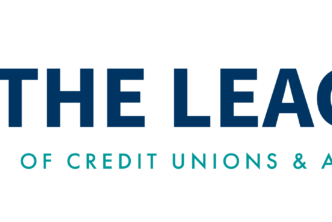Recent figures from the IRS tell us the average federal refund for Americans has dropped 16.7 percent this year compared to 2018. That represents a decrease from taxpayers getting back an average of $3,169 last year to $2,640 this year. Those who are most affected are the ones who can least afford a cut in their refund or any source of income.
While the government argues the smaller refunds mean people are withholding appropriate amounts from their paychecks, that doesn’t solve the problems facing many who were counting on getting money back this year.
That’s just one more reason why credit unions should encourage their members, and those who struggle financially, to apply for the Earned Income Tax Credit (EITC). In 2018, 25 million eligible tax-filers received about $63 billion in EITC, however, the IRS and U.S. Census Bureau estimate this number only represents 80 percent of those who are eligible for the credit.
This tax credit represents money to put food on the table or pay the electric bill and could be life-changing in the lives of low-income, working families. Unfortunately, that’s a large portion of our population, and that’s why we need to encourage credit union members who meet the requirements to file for their Earned Income Tax Credit.
Studies show that the EITC encourages large numbers of single parents to leave welfare for work, especially when the labor market is strong. In 2016, according to the Center on Budget and Policy Priorities, the EITC lifted close to six million people out of poverty, including about three million children. Nearly nine million children in working families lived below the official poverty line (about $24,000 for a family of four) in 2016.
Taking the step to receive a tax credit can be intimidating for many, who don’t realize they are missing out on money. In our industry’s spirit of “People Helping People,” credit unions can play an integral part in educating their members about the EITC.



